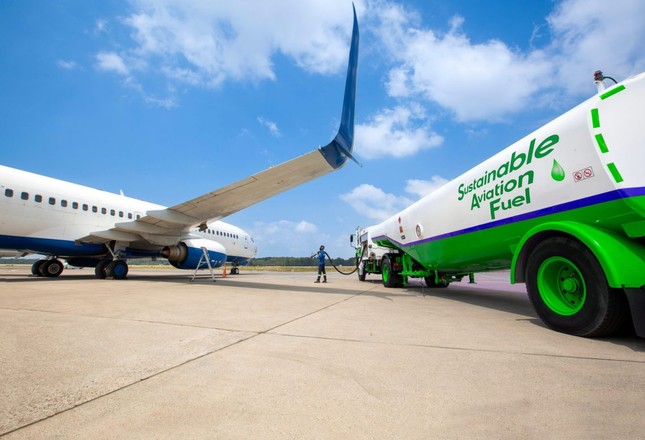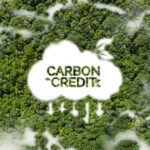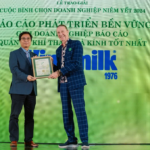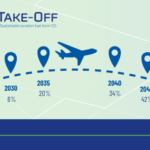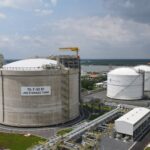According to Fastmarkets, Sustainable Aviation Fuel (SAF) is a renewable fuel that can be used as a substitute for aviation fuel. Derived from used cooking oil, animal fats, agricultural by-products, and municipal waste, SAF has the potential to reduce greenhouse gas emissions by up to 80% compared to traditional jet fuel (Jet A1). Additionally, SAF can be blended with Jet A1 and used directly in existing aircraft without requiring infrastructure changes.
In Europe, the use of SAF has been legislated in Regulation No. 2023/2405 (RefuelEU), mandating a minimum of 2% SAF usage for flights departing from and arriving at EU airports starting this year. This requirement will gradually increase to 6% by 2030, 20% by 2035, and 70% by 2050. Flights not complying with RefuelEU regulations will be subject to penalties.
At a recent meeting on the development of SAF policies and participation in the Carbon Offsetting and Reduction Scheme for International Aviation (CORSIA) of the International Civil Aviation Organization (ICAO), a representative from the Ministry of Construction shared that CORSIA aims to achieve net-zero carbon emissions for the aviation industry by 2050. This will be accomplished by encouraging the use of SAF, combined with technological measures and the purchase of carbon credits to offset excess emissions over the 2019 baseline.
Many countries have already implemented SAF policies for international and domestic flights, including the US, Australia, Singapore, Thailand, and the UK.
In Vietnam, SAF has become an essential part of the country’s Net Zero goal, aiming to achieve net-zero emissions by 2050 to address global climate change.
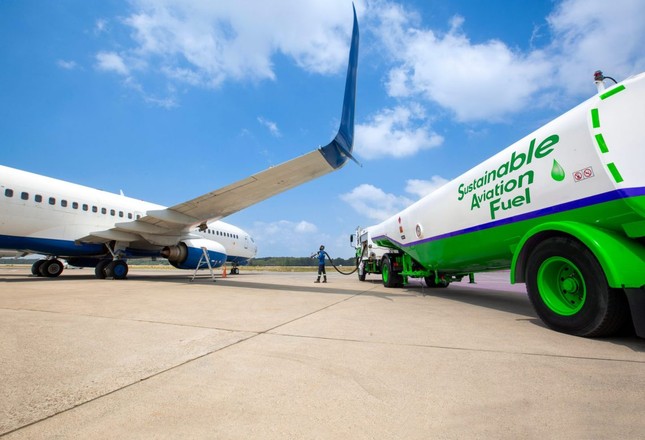
The fuel cost of Vietnam’s aviation industry could increase by $25 million. Image: Asean.
To realize the Net Zero goal, Vietnamese airlines have committed to operating a certain number of short-haul flights with a fuel mix of at least 10% SAF by 2035 and all flights with 100% green fuel by 2050.
The Ministry of Construction forecasts that the adoption of SAF during 2025-2030 could increase the fuel costs for Vietnam’s aviation industry by approximately $25 million, equivalent to $4.5-5.5 million per year. Therefore, policy support is necessary to mitigate this additional expense.
At the aforementioned meeting, Deputy Prime Minister Tran Hong Ha emphasized that participating in CORSIA is an inevitable trend and not only an international responsibility but also an opportunity for Vietnam’s aviation industry to enhance its capabilities and proactively adapt to increasing technical barriers. He also highlighted the importance of SAF in the strategy for a circular, green, and sustainable economic development.
The Deputy Prime Minister instructed the Ministry of Construction to collaborate with ICAO to receive technical advice, personnel training, and support in establishing standards and norms related to CORSIA. The Ministry is also tasked with drafting and submitting to the government a decree on the pilot program for SAF utilization and CORSIA implementation in the aviation sector, including domestic flights, and encouraging domestic SAF production. Additionally, they should establish a national certification body and aim to build a certified laboratory to independently assess and certify SAF.
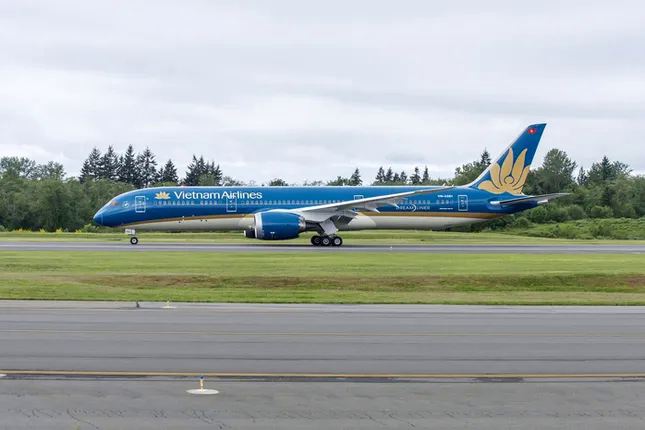
Sustainable aviation fuel is an integral part of Vietnam’s strategy for a circular, green, and sustainable economy. Image: VNA.
The Vietnam Aviation Authority is urged to expedite the completion of the necessary documentation and submit it to the Ministry of Construction for approval to register for the CORSIA program as per the defined timeline.
The Vietnam Airports Corporation is requested to collaborate with aviation fuel suppliers to review and augment the infrastructure for storing, piping, and refueling SAF at major international airports.
Why Are Many Businesses Buying Carbon Credits Instead of Reducing Emissions Themselves?
In the midst of a growing global push for Net Zero commitments, the carbon credit market is experiencing a surge in demand from businesses. A prevalent trend sees companies opting to purchase carbon credits as an alternative or supplementary solution, rather than solely focusing on direct emission reductions in their production operations. This development raises questions about the motivations behind these decisions and the potential implications for the trajectory towards achieving net-zero emissions by 2050.
Green Growth: Vietnam’s Inevitable Choice for Sustainable Development
“Joining the panel discussion on ‘Green Growth – A Global Trend, Inevitable Choice’, organized by the Government Newspaper on November 28th, representatives from ministries, local governments, and businesses unanimously affirmed that green growth is an irreversible trend and the only choice for Vietnam to achieve its sustainable development goals in the future.”
Vinamilk Wins Top Honors for Governance and Sustainable Development
Vinamilk continues to assert its pioneering and leading position in both governance and sustainable development through outstanding results at the 2024 Listed Company Awards, with the participation of over 500 businesses.
“Leading the Pack”: How PVN, Petrolimex, Vitas, and TH Milk are Championing Vietnam’s ESG Economy
Vietnam is rapidly advancing in the field of green economics, with an impressive annual growth rate of 12-14%. In addition, the country boasts the first National Institute of Internal Auditors to be recognized by the International Institute of Internal Auditors (IIA) as independent, just two years after its establishment.

